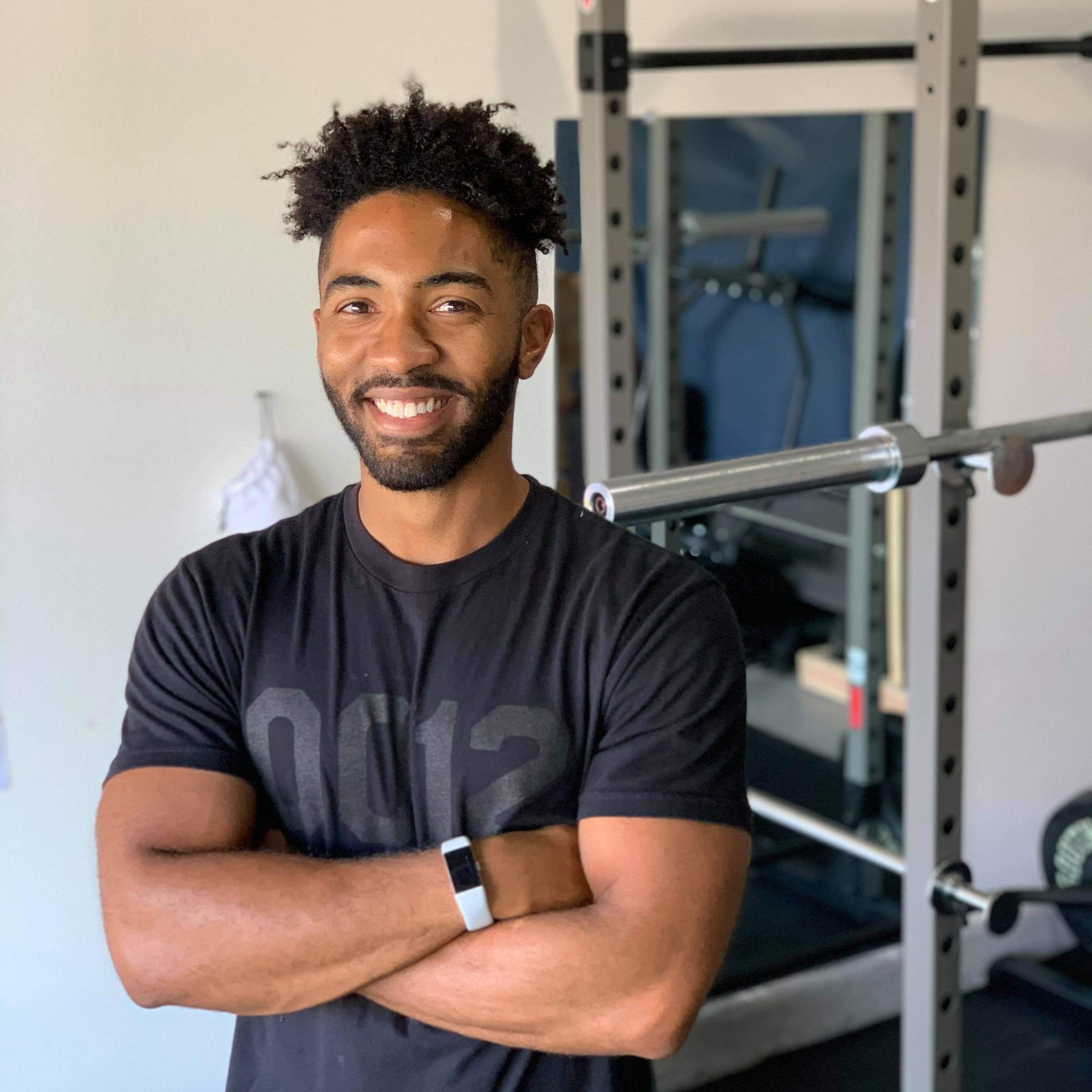
WHY DO I HAVE PLANTAR FASCIITIS?
If you are reading this, it's because you're probably wondering why you Achilles and/or foot hurt?
You might have heard the term plantar fasciitis and are wondering what to do to resolve this.
Maybe you have tried icing, resting, a night brace, stretching, rolling your foot on a frozen water bottle, etc. But nothing is working then you go to PT, and they give you a laundry list of exercises to do, but you are still not sure why you are doing those exercises and unsure if it's helping.
Well, if this is you, first I am sorry and hopefully I can offer a few tips to help you along! Let's start with why this may have happened in the first place!
Plantar fasciitis usually occurs from an increase in activity or repetitive movements that you are not use to. However, this does not also happen right away our bodies are resilient, and you might not notice symptoms for a few weeks after taking on the new activity.
So, what do you do first?
Well initially you would want to modify your activities this does not mean stop doing everything and just rest all the time. It means staying active within reason. Doing what you can without having an increase in your symptoms. You can also do calf stretches or massage before or after activity to give temporary relief.
This is just scrapping the surface, and you might already be doing these things. Next you want to make sure this area is strong enough to keep up with the level of activities you want to perform. How do we do this? Strength training!
Strengthening the calf muscles and the hip abductor muscles are a good place to start! Here are a few more specific training tips!
Make sure that you are adding eccentric strengthening exercises for your calves!
This means not just calf raises but working on lowering eccentric part of the exercises you are doing. For example, if you are doing a calf raise its important to focus on the lowering part of the exercise more than the up phase. Going down slowly and under control to focus on the lengthening part of the muscle contraction is KEY.
Also making sure you are using enough weight!
When training the calves we must load them with at least 60 percent of their capacity in order to facilitate any type of muscle hypertrophy (muscle growth). This is what will need to be done to help resolve symptoms long term. So, at some point body weight movements will not be enough. You will need to perform some level of resistance training in MOST cases NOT all.
Don't forget about the Soleus!
When it comes to the calves you have a gastrocnemius and soleus muscle. The gastroc can be strengthened by doing straight leg calf raises and the soleus with bend knee calf raises! It's important that you are doing both!
Why Hip Abductors?
Strengthening the glute abductors can be helpful in these cases because they play a key role in how your foot strikes the ground. In short when hip abductors are weaker or if you do not have good awareness of those muscles, it can lead inappropriate forces being put on your foot and ankle.
Exercises
So, what exercises should I do? Well, it is important to get a full assessment by a professional to determine if there are any other flexibility or strength deficits involved. This will assure that you cover all your bases.
But generally, exercises like:
Calf raises (eccentric focused)
Soleus raises (bent knee calf raise) eccentric focused
Step downs
Lateral walks
Heel elevated lunges or split squats
These are just a few exercises general exercises I use in MOST cases. However, everyone is slightly different so make sure to proceed carefully.
This is not an exercise prescription for plantar fasciitis and just for general education purposes please reach out to your local PT to get more insight on what can be contributing to your symptoms!
2024-09-12T23:27:31Z dg43tfdfdgfd